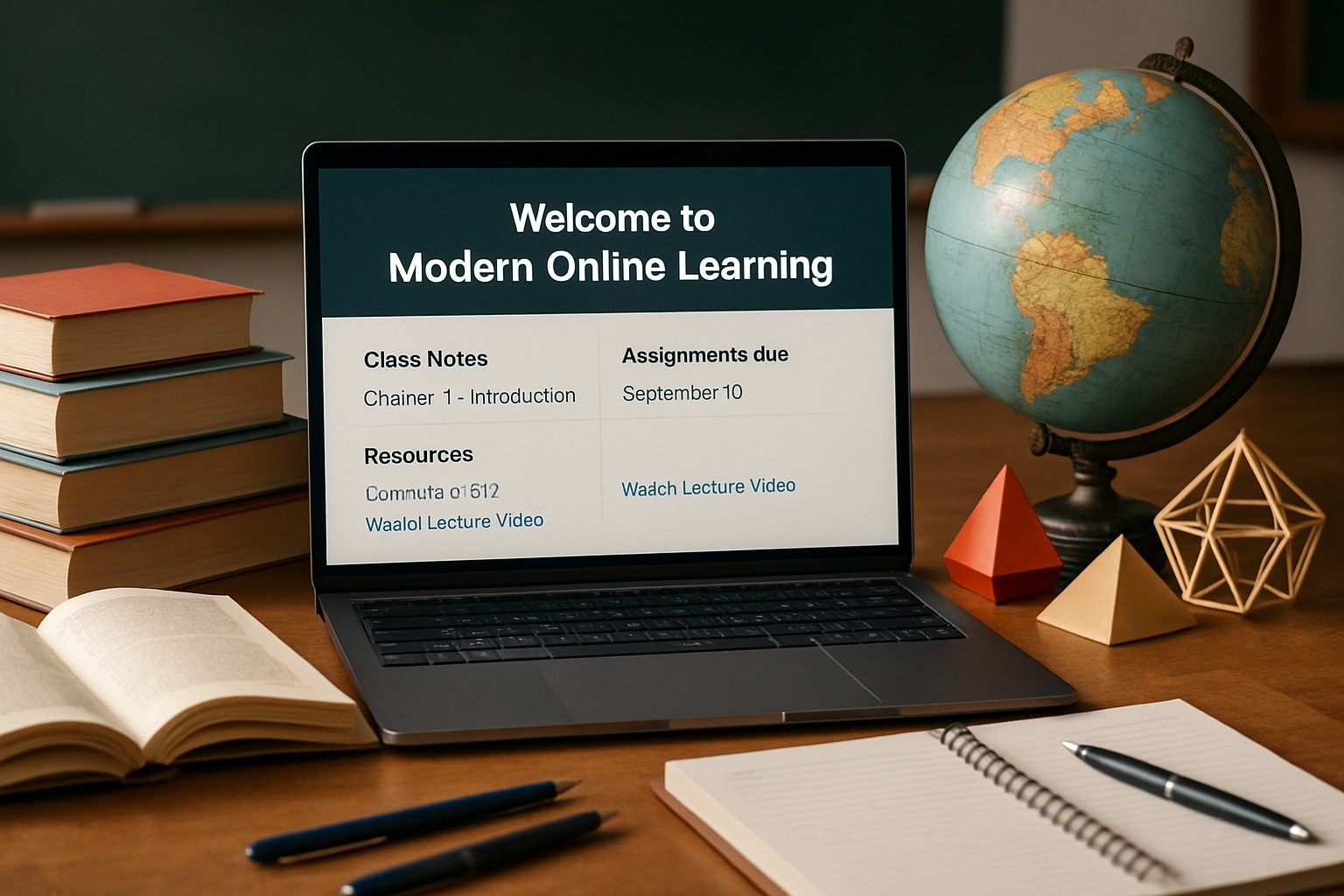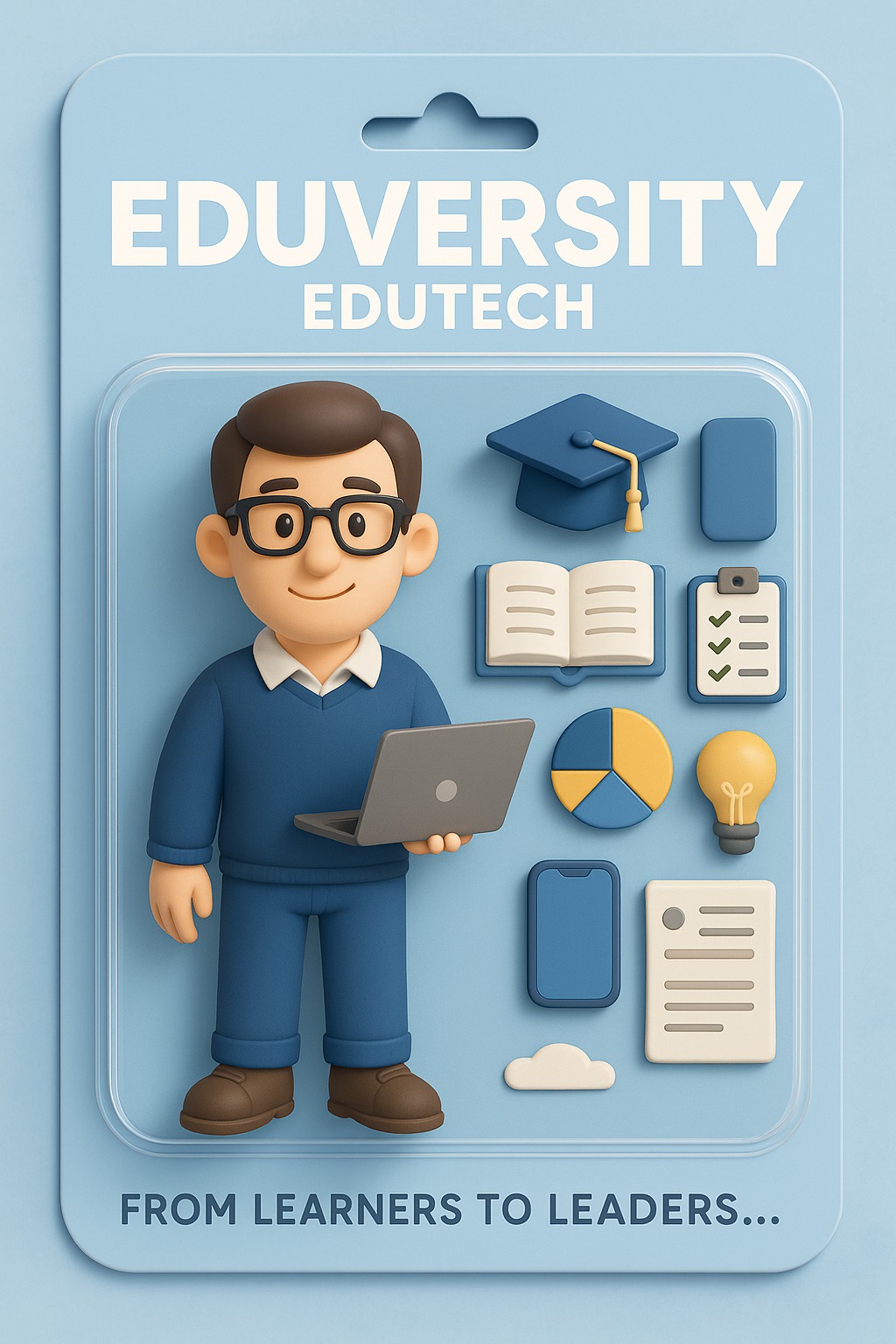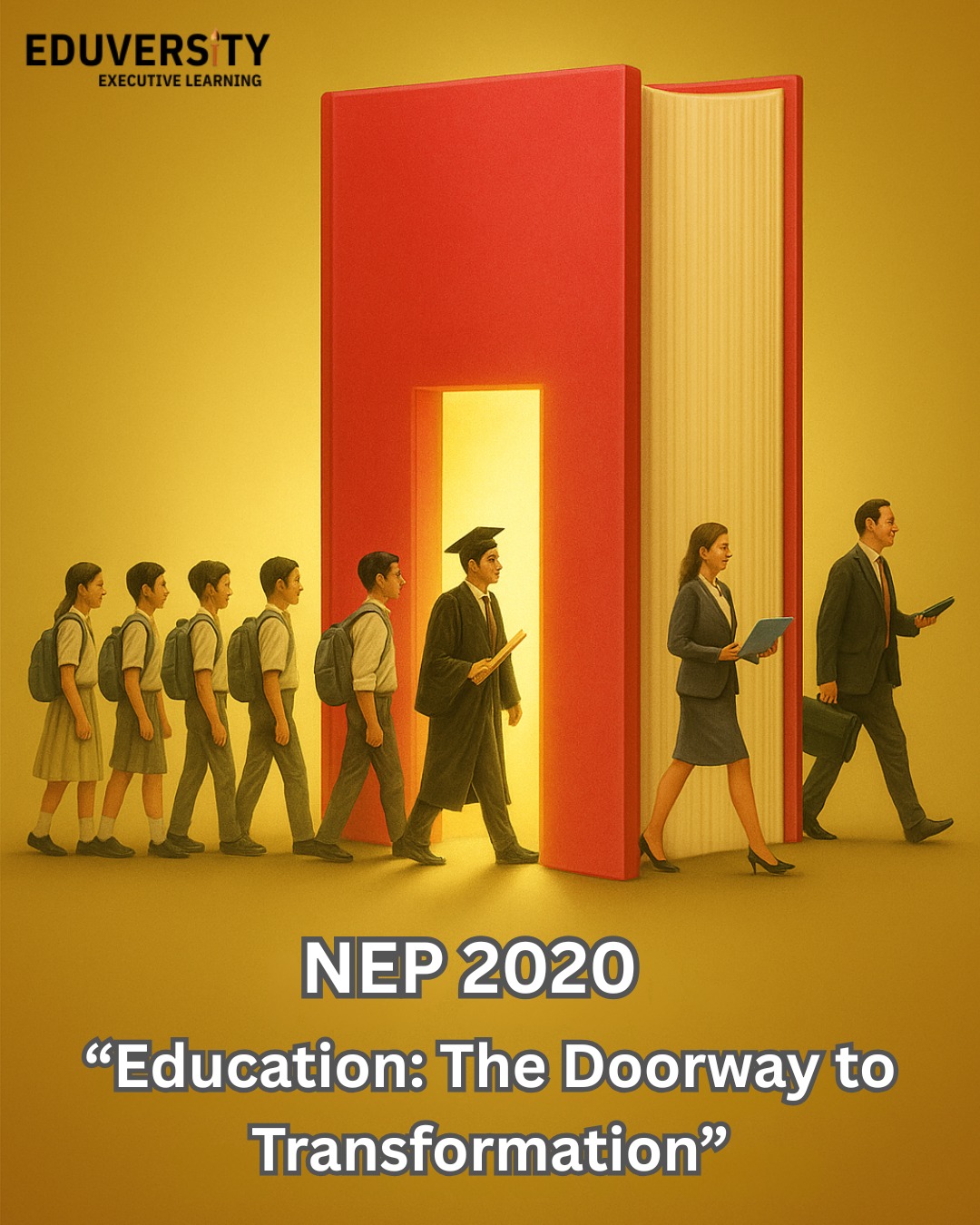What is Online/Distance Learning?
The term “online/distance learning” describes a range of instructional approaches and styles, the majority of which are conducted online. Many internet tools are available for interacting with students, gathering homework, and dispersing instructional materials. Online/distance learning is sometimes referred to as remote learning or e-learning.
When a student and an instructor, or other information source, are not physically present in a traditional classroom setting, this is known as remote learning. Technology is used to transmit information through online tests, video conferences, and discussion boards. Online/distance learning can happen asynchronously, with self-paced learning activities that happen without the instructor’s guidance, or synchronously, with peer-to-peer contact and cooperation taking place in real-time.
As per the new normal, many well-liked universities offer various UG/PG/Diploma courses via online distance mode of education. The curriculum is designed as per the regular degree to enhance the skill set and knowledge of the students without compromising on the quality of content and their ongoing financial commitments.
Different ways of learning involved in Online/Distance Learning
The phrase “online learning” is broad and encompasses a variety of learning venues and methodologies.
- Asynchronous Online Courses – There is no real-time component to these course offerings. Pupils receive course materials, tasks, and a deadline for finishing their coursework and tests.
- Synchronous Online Courses – These kinds of online course offerings necessitate simultaneous online interaction between the instructor and all enrolled students. In several aspects like a webinar, participants communicate by text, voice, or video chat.
- Hybrid Courses – Blended learning environments, or hybrid learning environments, facilitate both in-person and virtual learning opportunities.
- Interactive Digital Education Approach – The interactive approach is a crucial aspect of online learning, ensuring effective communication between students and teachers by transforming the sender into the receiver.
- Online Collaborative Learning Approach – This is thought to be among the newest forms of virtual/online education. To make sure they learn together and develop a sense of collaboration, the kids are split up into multiple groups for this.
Who Should Pursue Online/Distance Learning
Online distance education does not demand physical appearance or follow a strict schedule. Thus, anyone from anywhere even from a low connectivity region can enroll in online degree courses as per their interest and long-term professional goals. Additionally, there is no age criteria to be followed for e-learning courses or institutes. Pursuing an online distance course would be more beneficial for working professionals or housemakers as they are not able to attend regular classes.
Advantage of Online/Distance Learning
The advantages of online/distance mode of education:
- Flexibility in education is achieved through distance learning.
- For people who might not otherwise have access to it, distance learning offers educational chances.
- Students can interact with their courses at a more individualized pace when they learn remotely.
- Students who learn best visually can benefit from distance learning.
- Online distance learning courses can be accessible to those with lower incomes because they are less expensive than traditional classroom settings.
- It offers a wide selection of customized courses including management, science, and arts.
Disadvantage of Online/Distance Learning
The disadvantages of remote learning:
- Social interaction is lacking in remote learning.
- Distance education necessitates a rigid schedule and might be distracting.
- Technology is often unpredictable and complex.
- Those special classroom moments that make teaching such a lovely and fulfilling job are not possible with remote learning.
- Absence of networking and social engagement.
Are Online/Distance Learning Degree Recognized
Yes, a degree earned through remote learning from a UGC-DEB-recognized higher education institution is fully equivalent to a degree earned through traditional means, according to the government’s Act.
What is the future of Online Distance Learning
The Indian educational system will evolve further as a result of technological improvements. It is possible to conclude that online learning has benefited all parties involved, including organizations, professors, and students. Therefore, it has a good chance of becoming India’s educational future. Online distance learning provides flexibility and ease of accessibility since it does not require a physical presence and may be conducted from any location. Online distance learning is no longer a last resort for prospective students after COVID-19; rather, it is now their first choice. The last few years have seen an amazing rise in remote learning, which will undoubtedly control the future of the education sector.
Top Collages Offered Online/Distance Learning
By seeing the rapid growth of remote learning among students, a wide range of public and private universities offer online distance degrees. Before heading to a university, do not forget to check about the recognitions and reviews to make an informed decision or connect with educational experts to avoid any miscommunication. Some of the notable colleges for online distance learning courses are Integral University, GLA University, Manipal University, Sikkim Manipal University, Mangalaytan University, Vivekanand Global and Lovely Professional University.
Difference between regular or Online/Distance Learning
Face-to-face interaction, practical experiences, and organized learning environments are all provided by regular education. Conversely, remote learning offers accessibility, ease of use, and flexibility. The decision between the two ultimately comes down to personal tastes, unique situations, and academic objectives.
Conclusion
Online/Distance Learning system means that students and peers are separated from each other and have no face-to-face interaction. The whole process of getting a degree involves the internet through which they connect with each other. There are different types of online distance learning including Asynchronous Online Courses, Hybrid Courses, Online Collaboration, Interactive Digital Education Approaches, and Synchronous Online Courses. Remote learning offers various advantages but it has its challenges too, the way it gets popularity among students, it can be the future of education. Many well-known popular universities are providing numerous online distance courses in India. Connect with Eduversity Edutech, and get complete details about distance & online courses and universities to make an informed decision.






